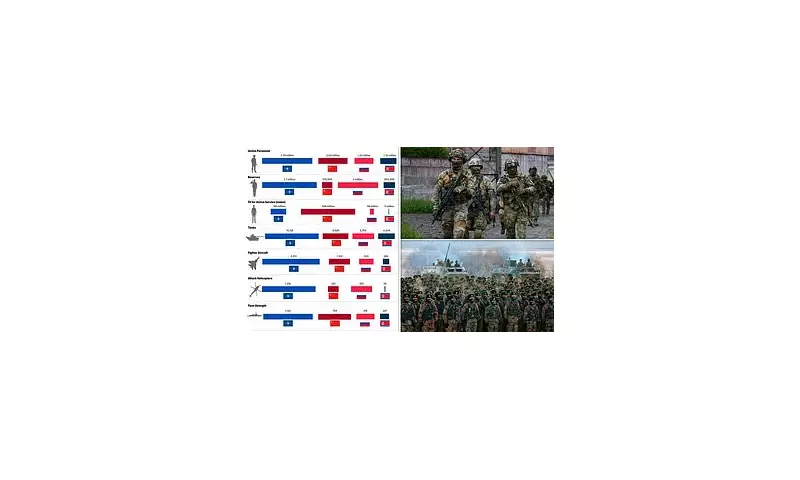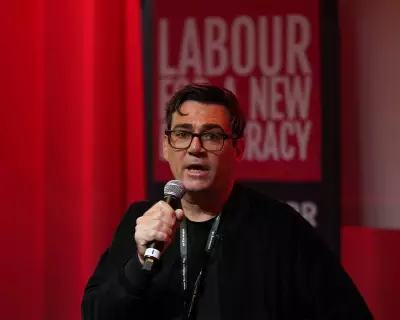
NATO's chief has issued a chilling warning to the West, identifying a new and dangerous 'axis of upheaval' being engineered by Beijing. Secretary-General Jens Stoltenberg pointed directly at Chinese President Xi Jinping, accusing him of playing a pivotal role in destabilising global security by fuelling Russia's war in Ukraine and bolstering pariah state North Korea.
The stark declaration signals a fundamental shift in how the Western military alliance perceives China, moving from a cautious trading partner to a central architect of a new, threatening world order.
The Core of the Accusation
In his most forceful language to date, Stoltenberg laid out a triad of concerns regarding Beijing's actions:
- Fuelling the Fire in Ukraine: China is providing crucial economic and political support to Moscow, including access to advanced microelectronics and other dual-use technologies that are essential for Russia's war machine.
- Empowering a Rogue Regime: Beijing's backing of North Korea is enabling Kim Jong-un to pursue aggressive weapons development and provocative acts, further destabilising the Korean peninsula.
- Challenging the International System: This concerted effort with Moscow and Pyongyang represents a direct challenge to the values and rules that have underpinned global stability since World War II.
A Coordinated Challenge to the West
Stoltenberg emphasised that this is not a series of isolated incidents but a 'coordinated effort' to reshape the world in an authoritarian image. He stated that the alliance between these nations is built on a shared goal of undermining NATO and supplanting the current international system.
'Their cooperation is not based on shared values,' he remarked, 'but on a shared desire to confront and challenge the West and our values.' This move effectively positions China not as a neutral bystander but as a active belligerent in the new cold war格局 (géjú - structure).
NATO's Response and the Road Ahead
The Secretary-General's comments are a clear signal that NATO is prepared to confront this challenge head-on. The alliance is expected to further strengthen its partnerships in the Indo-Pacific region with nations like Japan, South Korea, and Australia to counter Beijing's influence.
This new reality means that European security is now 'intertwined' with security in Asia, blurring the lines between regional conflicts and creating a truly global standoff. Stoltenberg's warning serves as a rallying cry for democratic nations to unite against an emerging axis that threatens to plunge the world into a period of prolonged instability and conflict.





